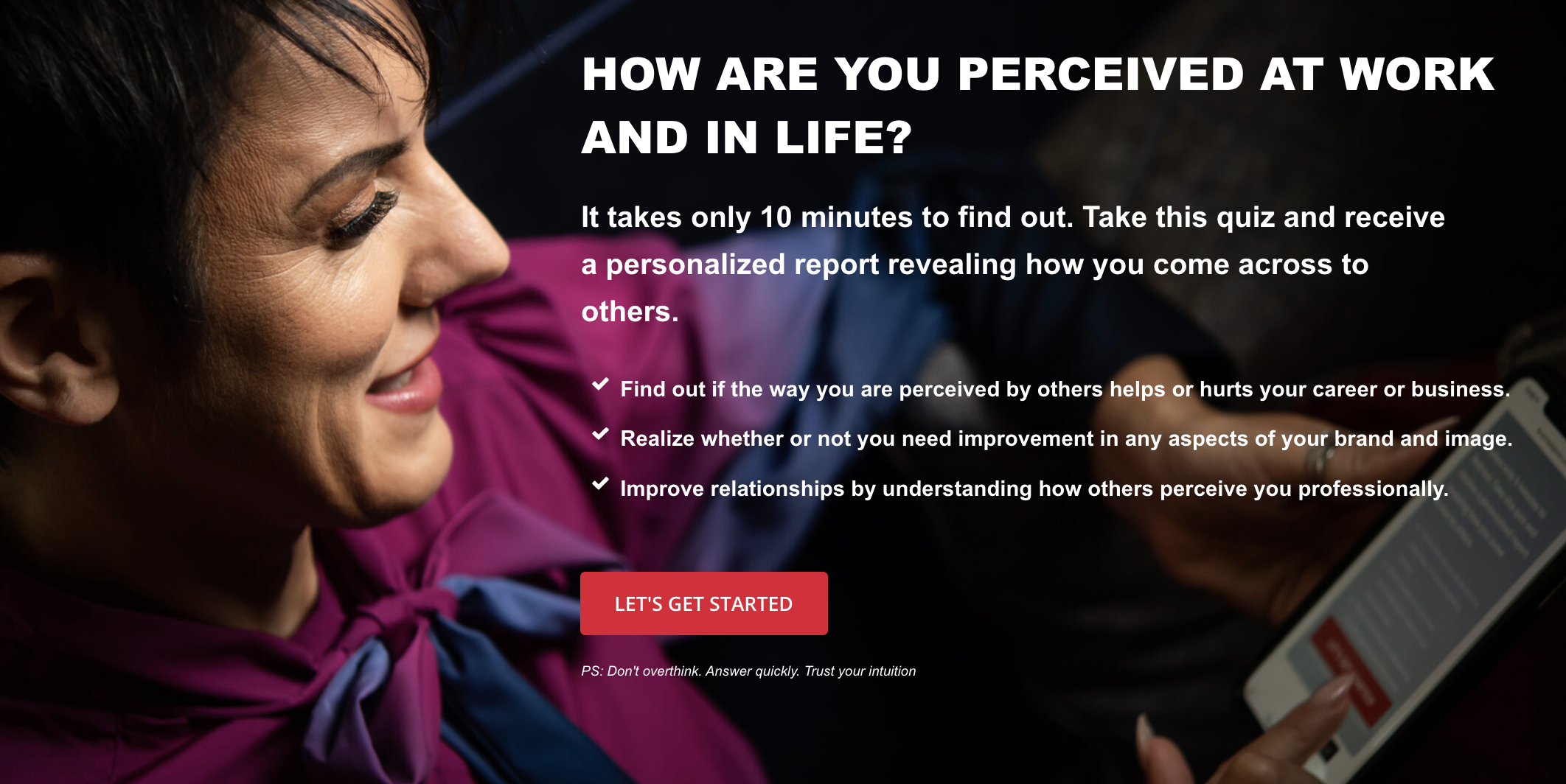https://www.youtube.com/watch?list=TLGGZNa6WofWEsIwMjA2MjAyMg&time_continue=2&v=5FLXD45KYLY&feature=emb_logo
INTROVERTS VS. EXTROVERTS
What is your first feeling when going into a room full of people—overwhelmed or energized? Who makes a better first impression—Introverts or Extroverts?
Do you ever find yourself wishing you would be a little more introverted? Or just a tiny bit more extroverted? I know. The grass is always greener on the other side, isn’t it? That’s why first and foremost, I want you to know two important things:
What’s better or easier? Being an introvert or extrovert?
- There is no better or worse. I know it is easy to think, “I would make a better first impression if I was more outgoing,” or even the opposite, “I would make a better first impression if I was quieter.” We often want — what we don’t have. And in reality, there is no better or worse when it comes to being …. YOURSELF!
- Second, a cookie-cutter approach doesn’t work here – it rarely works. You cannot categorize humans into just those two groups. Because, in reality, most of us exhibit qualities of both and fall somewhere between the two. Take me as an example. As a professional speaker, I enjoy being on stage in front of thousands of audience members. I love the spotlight and handle meet-and-greets like a pro… certain strengths on my profile make this possible, and people certainly perceive someone with these traits as an extrovert. The reality, once the spotlight is gone, many of us “stage people” turn all the way to the other side of the scale, feel exhausted from the crowd, and need quiet time to relax, recover and refocus.
So instead of looking at what is better or worse—or what you are NOT, it’s important to figure out what you are and WHERE you are on the scale, depending on the occasion you face. There are a variety of personality tests that can help you, including the assessment I have developed:
✔️ Myers Briggs Type Indicator: Try the Myersbrigg Assessment
✔️ Enneagram: Try the Enneagram assessment
✔️ DISC profile: Try the DISC assessment
✔️ SAPA project: Try the SAPA assessment
✔️ How to fascinate: Try the FASCINATE assessment
✔️ Image DNA: Try the Perception Audit
With your own awareness comes the understanding of what messages you send in those first micro-moments when walking into a room. And if you feel that you are more on the introvert side of the scale in these situations, here are five helpful tips for you:
Connect online first
First, one way to boost confidence and reduce anxiety is to engage with new connections from screen to screen before you have a face-to-face encounter. This could be through social media or email. Some of us are just braver behind the screen than we are in person. It can break down the initial barrier and make it easier to communicate once you are in this situation in person. This also works well before events or conferences. If you can find out who is going to be attending, maybe you connect with them on LinkedIn and send a message to introduce yourself, or send a friendly email — communicating that you are looking forward to meeting them.
This helps you to possibly pick out a few interesting characters whom you are certain you have something in common you can talk about. It also comes with the pleasant side effect that they may reach out to you and start a conversation once they recognize you in the room. Fair warning, though, make sure that your digital footprint works well for you. Think about what your social media profiles say about you and how that may impact the interactions you have with people in person who came across you on the internet.
Pick your targets
You don’t need to connect with everybody in the room! Instead, be strategic and make a plan about who exactly you want to meet during your time at the event or conference. This allows you to give energy where it is most useful for you and leave you feeling less drained by the end of each interaction.
Memorize a script
Have an internal script of what you want to talk about and how you want to open a conversation. No, I’m not talking about your name and title, and workplace. I’m talking about who you are and what you stand for. Your strengths and superpowers you NEED to share with others. Because quite often, we think it’s their job to find out how amazing we are. The reality, though, is you need to be able to brag about yourself. If only this idea already makes you feel uncomfortable, I’ll share a link to a masterclass where you can learn how to toot your horn in the most humble and professional way.
Control your body
Next, try to train and control the verbal and non-verbal signals you send the best possible. Train your eyes to maintain contact, and train your body to stand confidently yet also welcoming by avoiding any crossing of your arms or slouched-over posture. Train your voice to come off strong and confident going into any encounter.
Trick your brain
An exercise I like to use in my conferences is for everybody to think of ONE WORD they would like to be known for. When you are approaching a group of people, continue reminding yourself that you are strong, strong, strong, strong, strong … This will interrupt any negative thought patterns you are having that force you to retract and become nervous. I talk more in-depth about this exact exercise in a previous video.

